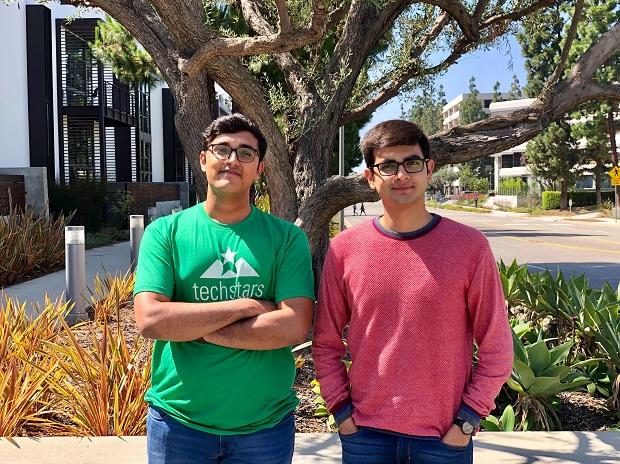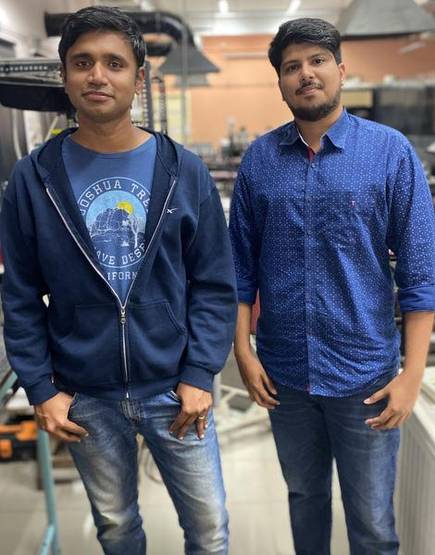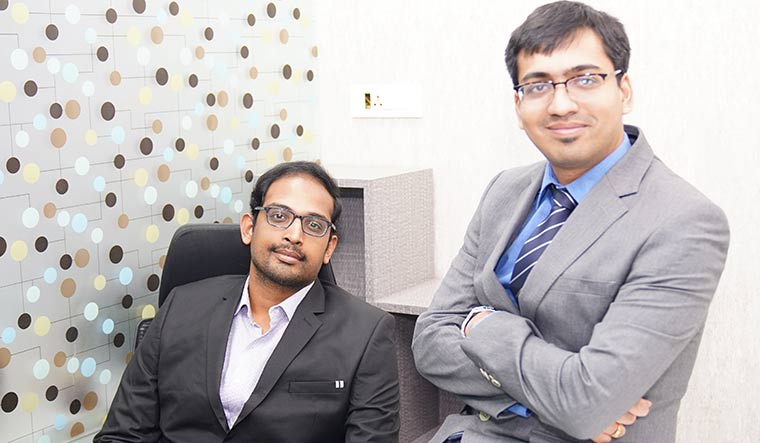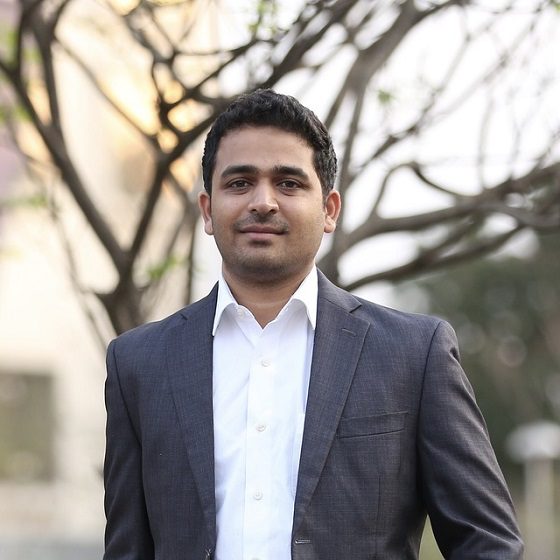They dare to go where others only dream of. Launching a startup is no mean feat; more so when it is a space tech startup, which was until recently, a little-known industry. From dealing with investors who largely wanted to educate themselves on the subject rather than actually invest, to finding the right vendors and clients, India’s space tech startups have had to do quite a bit of leg work to make inroads into the sector. The fact that the government opened up space tech to the private sector in June last year has definitely come as a shot in the arm for these entrepreneurs who are aiming for the sky and beyond.
According to research by Seraphim Capital, in the first quarter of 2021, the overall venture capital investment in the global space tech sector was $2.7 billion compared to the $1.6 billion during the same period last year. In India too space tech startups have raised nearly $31 million in funding in 2021, according to a report in YourStory. This is a 70% increase from the $18.2 million raised by the sector in 2020.
With some of these startups ready to launch their projects as early as next year, Global Indian takes a look at their journeys.
Pixxel

Khsitij Khandelwal and Awais Ahmed
Launched in 2019 by BITS Pilani alumni Kshitij Khandelwal and Awais Ahmed, Pixxel is an Indian space tech startup that aims to put a constellation of 30 micro-satellites into a sun-synchronous orbit. The constellation will comprise of earth imaging satellites to provide global coverage at a revisit of every 24 hours once it is fully deployed. Data and insights collected from these are meant to help organizations detect, monitor, and predict global phenomena in the fields of agriculture, oil and gas, climate change, forestry, and urban planning. Pixxel’s satellite from this constellation is set to be launched on a PSLV rocket. It was Asia’s only space startup to qualify for the 2019 Techstars Starburst Space Accelerator in Los Angeles.
Pixxel operates on a subscription-based SaaS model where clients will be billed for purchasing data. In August 2020, the Bengaluru-based company raised $5 million in seed funding led by Blume Ventures, growX Ventures, and Lightspeed Ventures. In March this year, it raised $7.3 million from Techstars, Omnivore VC, and others.
Agnikul Cosmos

Srinath Ravichandran and Moin SPM
Agnikul Cosmos was the first in the world to test fire an entirely 3D printed rocket engine, Agnilet. The space tech startup that is incubated in IIT Madras was launched in 2017 by Srinath Ravichandran and Moin SPM. They are backed by Professor Satya Chakravarty, a rocket scientist and head of National Centre for Combustion Research and Development (NCCRD) and RV Perumal, former ISRO scientist and the man behind the PSLV launches.
While the company was completely bootstrapped to begin with, they got their first break when they got seed funding of $500,000 from Speciale Invest. By February 2020 they got more investors on board and raised $3.5 million in pre-series A funding and by May this year they had raised $11 million in series A funding led by Mayfield India. The space tech startup also counts angel investors such as Anand Mahindra, Naval Ravikant, Balaji Srinivasan, and Nithin Kamath as its backers.
Agnikul has signed an NDA with the Department of Space to obtain the government’s technological assistance in the development of launch vehicles and counts pharma companies, telecom companies, and researchers experimenting with micro-gravity, as clients. In an interview with Global Indian, Srinath said, “We are essentially a cab ride for these people. We help them take their payload up to space. India is now being taken seriously for its private space tech and the industry is changing as we speak.”
Skyroot Aerospace

Naga Bharath Daka and Pawan Kumar Chandana
Hyderabad-based Skyroot Aerospace was founded in 2018 by former ISRO scientist Pawan Kumar Chandana and Naga Bharath Daka. The company is building technologies for responsive, reliable and economic access to space and envisions a future where spaceflight is as reliable and affordable as a regular air flight. Skyroot is the second space tech startup after Agnikul Cosmos to receive help from ISRO in terms of testing facilities and technical knowhow for their launch vehicles. The company is developing a highly efficient LNG/LOX cryogenic liquid engine in order to use greener rocket fuel.
In 2020, Skyroot received the National Startups Award in the space category. Earlier this year, the startup raised $11 million in its series A funding that was led by Greenko Group founder Anil Kumar Chalamalasetty and Mahesh Kolli. Some of their other investors include WhatsApp’s Neeraj Arora, CureFit’s Mukesh Bansal, Graph Ventures, and Worldquant Ventures. The funding will be used for Skyroot’s rocket program and to get their first launch vehicle Vikram-1 off the ground. The founders are now looking to raise $40 million over the next few years to fund their aggressive growth plans over the next few years.
Bellatrix Aerospace

Yashas Kharanam and Rohan M Ganapathy
Bengaluru-based Bellatrix Aerospace, which is incubated at the Indian Institute of Science (IISC), was founded in 2015 by Yashas Kharanam and Rohan M Ganapathy. Specializing in electronic propulsion systems, rocket engines and launch vehicles, the space tech startup successfully tested the country’s first privately built Hall Thruster, an electronic propulsion system that is ideal for micro-satellites. It had earlier developed – and bagged an order from ISRO – for the world’s first commercial Microwave Plasma Thruster which uses water as fuel.
In 2019, Bellatrix raised $3 million in a pre-series A round led by IDFC-Parampara, StartupXseed, and Karsemven Fund among others. Earlier this year, the company announced that it would partner with Skyroot Aerospace. Plans are afoot to launch Chetak, their own rocket, by 2023; the two-stage rocket is powered by their own Aeon engines and will use liquid methane as fuel.
Dhruva Space

Sanjay Nekkanti
Headquartered in Hyderabad, Dhruva Space was founded in 2012 by Sanjay Nekkanti and is engaged in developing small satellites for the commercial, government and academic markets. It has worked with companies such as Exseed Space, Cisco, and KPMG.
In 2019, the startup had raised $673,000 in a round of angel funding by Mumbai Angels Network; the investment was led by Ravikanth Reddy of Hotcrete. The space tech startup provides end-to-end solutions such as building small satellites, ground sensors as well as launching them and monitoring them. The company is working with ISRO and the European Space Agency (ESA) and has been awarded $59,000 by the latter.
- RELATED READ: Agnikul Cosmos built the world’s first 3D printed rocket





